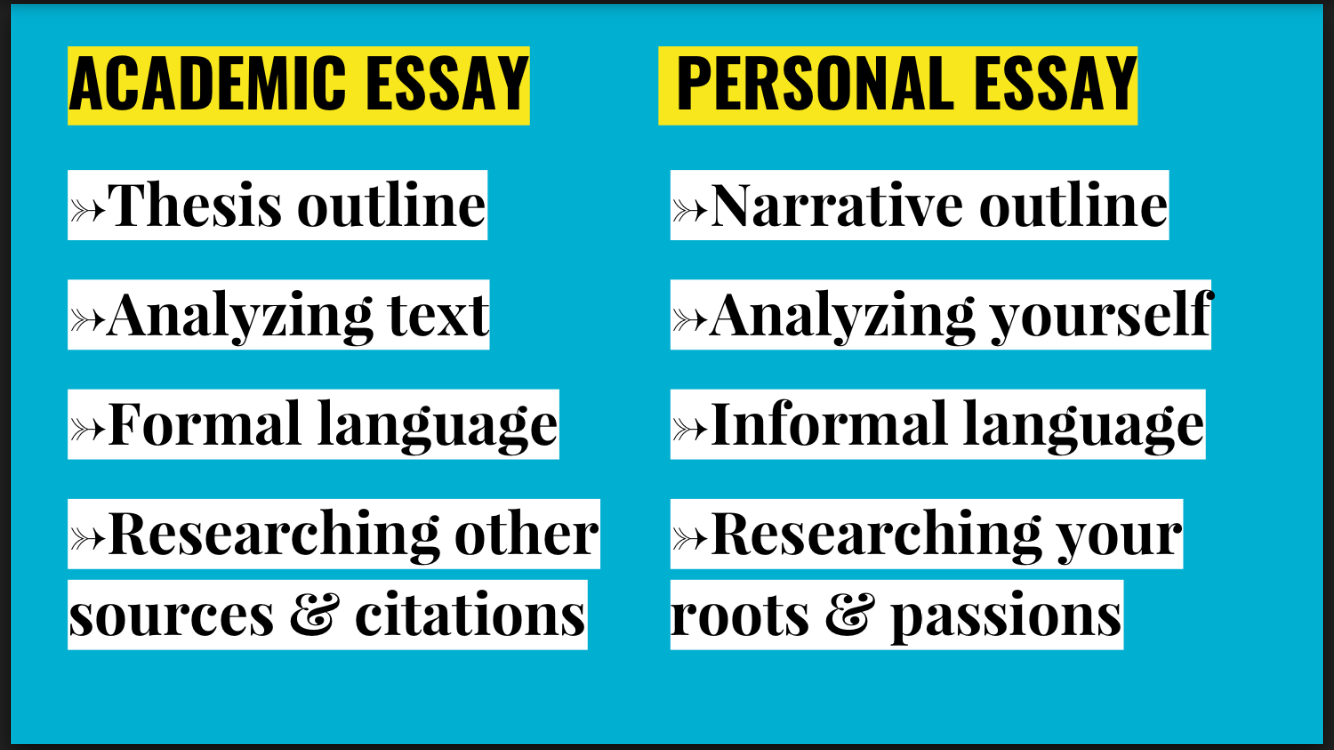Exclusive: Application Essay Tips From a Former Admissions Officer (Part 2)
/As you’re putting the finishing touches on your UC essays and regular decision drafts, you’re probably wondering how your essays will ultimately affect your chances for admission. As you know from Part 1, I had the privilege of interviewing a former admissions officer for a private urban national university and she was kind enough to let you all in on the private chat. See below for more important insights on how the application essays you write influence your acceptance.
Don’t be afraid to write about “nothing”
“The essay topic is easy for someone who's been through something monumental, a transformative pivotal moment in that student's life. But many 17-year-olds hadn't had to experience a trauma or anything really pivotal in their lives, so don’t be afraid to write about an everyday topic, as long as it shows us who you are. We used to give an example about this essay that was about eating an apple in two bites. It was an essay that give you such insight into his personality—it started with a challenge, and led into who he wants to be when he grew up, and it was funny and comical. It was like Seinfeld, an essay about nothing, but it made us think, ‘This is the type of kid you want on campus.’ Another student wrote about how she loved going to renaissance fairs. It was a window into her personality, there was no challenge she overcame, and as long as it's still about the person, it's ok. As long as who they are and what they are trying to say about themselves in the essay comes across, it will work.”
Never, ever plagiarize
“A lot of work in international admissions is weeding out fake applications. I’ll never forget one example. I read this incredible essay about a girl getting on stage to receive an award. She had a colonoscopy bag, and as she stepped onstage, she tripped, the bag spilled, and it was a great essay about how she overcame that awful, embarrassing experience. Three weeks later, I read the same essay from another girl. Needless to say, both were rejected.”
Supplement essays are sometimes more important than the Common App essay
“The other thing that's really important is their demonstrated interest essay, the ‘why this college’ essay. If you can cross out the name of the school and drop in a similar school, and the essay still works, that's a bad essay. If you’re applying to BU,and can you can cross BU out and replace it with Northeastern and Boston College, for example, and the essay still works, you have a problem. The ‘why this college essay’ has to be specific. Even if you simply include a professor in a subject you’re interested in, be sure to include something to show you care about this school. We’re looking for the right kid who is qualified and is a good fit—and will also enroll in the school. If your answer is too generic, you haven't done a good job of demonstrating interest. Visiting obviously is important, interviewing is important, but the ‘why this school’ essay matters more in most schools. The goal is to have the lowest attrition rate. What's the percentage that are going to matriculate? We’re trying to make the right match. With the ‘why this school’ essay, if you can tell that the kid didn't do that much research, that tells us we're a backup, we're a safety, and they're more likely to end up on the waitlist. This is something the schools really care about - it's of equal importance and, in many cases, more important than the personal essay.”
Your rejection isn’t personal, even though it may feel that way
“There are so many great kids, but that's also the problem. From the school's perspective, they want to shape the most diverse and well-rounded student body. That includes the chess player, the athlete, the immigrant, the legacy, the right ratio of men and women, so unfortunately, the individual application matters less than having the whole picture, which of course is not fair.”






























